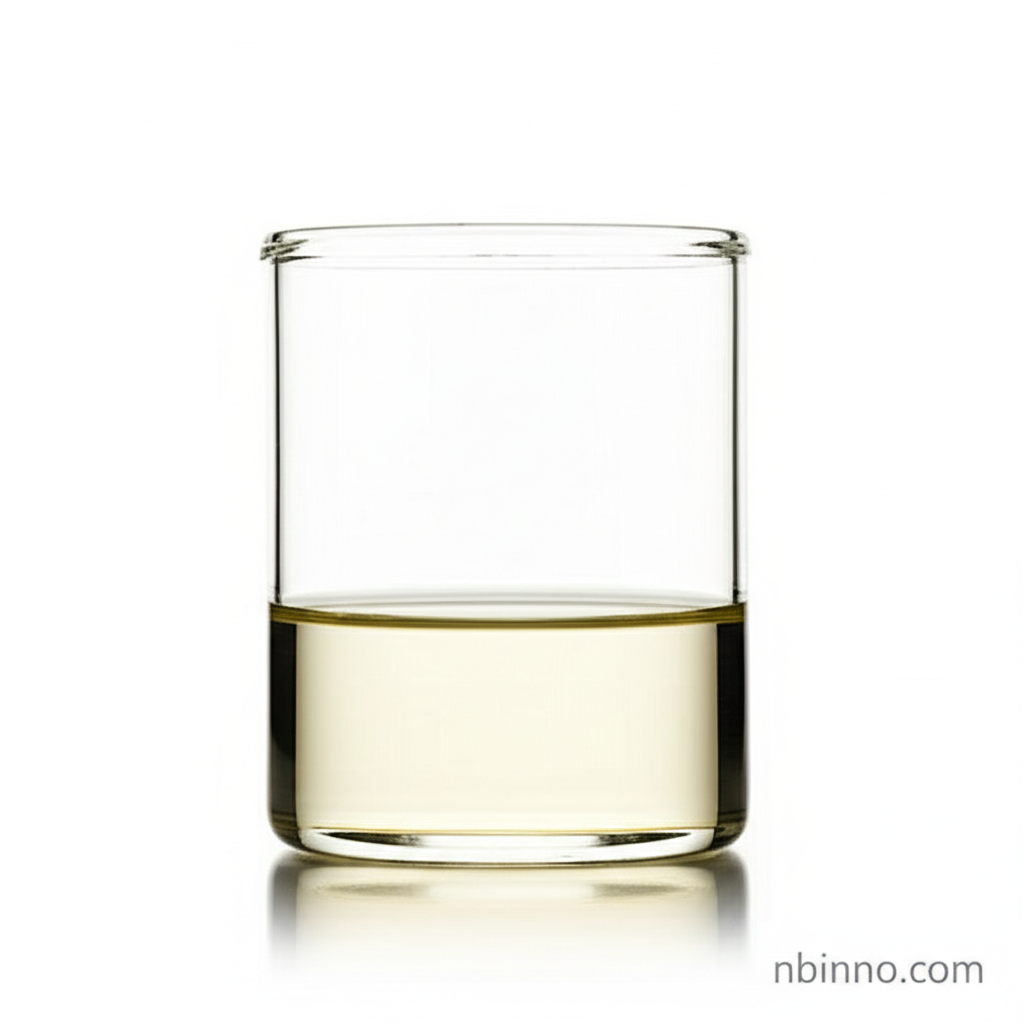Triethylaluminum (TEAL): A Versatile Organometallic Compound for Olefin Polymerization and Organic Synthesis
Explore the critical role of TEAL as a co-catalyst in olefin polymerization and its broad applications in organic synthesis.
Get a Quote & SampleProduct Core Value

Triethylaluminum
Triethylaluminum (TEAL) is a highly reactive organometallic compound indispensable for modern chemical industries. Its primary function as a co-catalyst in Ziegler-Natta polymerization significantly enhances the efficiency of producing polyolefins like polyethylene and polypropylene. Furthermore, its robust nature as an alkylating agent makes it a key reagent in complex organic synthesis pathways, enabling the creation of diverse chemical intermediates.
- Discover the advantages of using Triethylaluminum for olefin polymerization, a critical process for creating advanced polymer materials.
- Learn how TEAL acts as an effective alkylating agent, facilitating a wide range of organic synthesis reactions essential for fine chemicals.
- Understand the properties of organoaluminum compounds in synthesis and their significance in chemical manufacturing.
- Explore the applications of Ziegler-Natta catalyst co-catalysts like TEAL in the production of high-performance plastics.
Key Advantages Offered
Enhanced Polymerization Efficiency
Leverage TEAL's role as a key component in Ziegler-Natta catalyst systems to achieve superior olefin polymerization, resulting in polymers with desired properties and high yields.
Versatile Organic Synthesis Tool
Utilize TEAL as a potent alkylating agent in organic synthesis, enabling the construction of complex molecules and intermediates critical for various chemical industries.
Industrial Chemical Intermediate
Benefit from Triethylaluminum's classification as a vital chemical intermediate, supporting the production of alpha-olefins and alpha-alcohols, essential building blocks in chemical manufacturing.
Key Applications
Olefin Polymerization
As a crucial co-catalyst for Ziegler-Natta polymerization, TEAL is fundamental in the production of polymers such as polyethylene and polypropylene, impacting sectors from packaging to automotive.
Organic Synthesis
Its effectiveness as an alkylating agent makes Triethylaluminum a valuable reagent for a wide array of organic transformations, contributing to the synthesis of pharmaceuticals and specialty chemicals.
Oil Drilling Auxiliaries
TEAL finds application as an oil drilling auxiliary agent, demonstrating its utility in demanding industrial environments and its contribution to resource extraction processes.
Rocket Fuel Component
The high reactivity and energy content of Triethylaluminum also position it as a potential component in specialized rocket fuels, highlighting its extreme performance capabilities.
